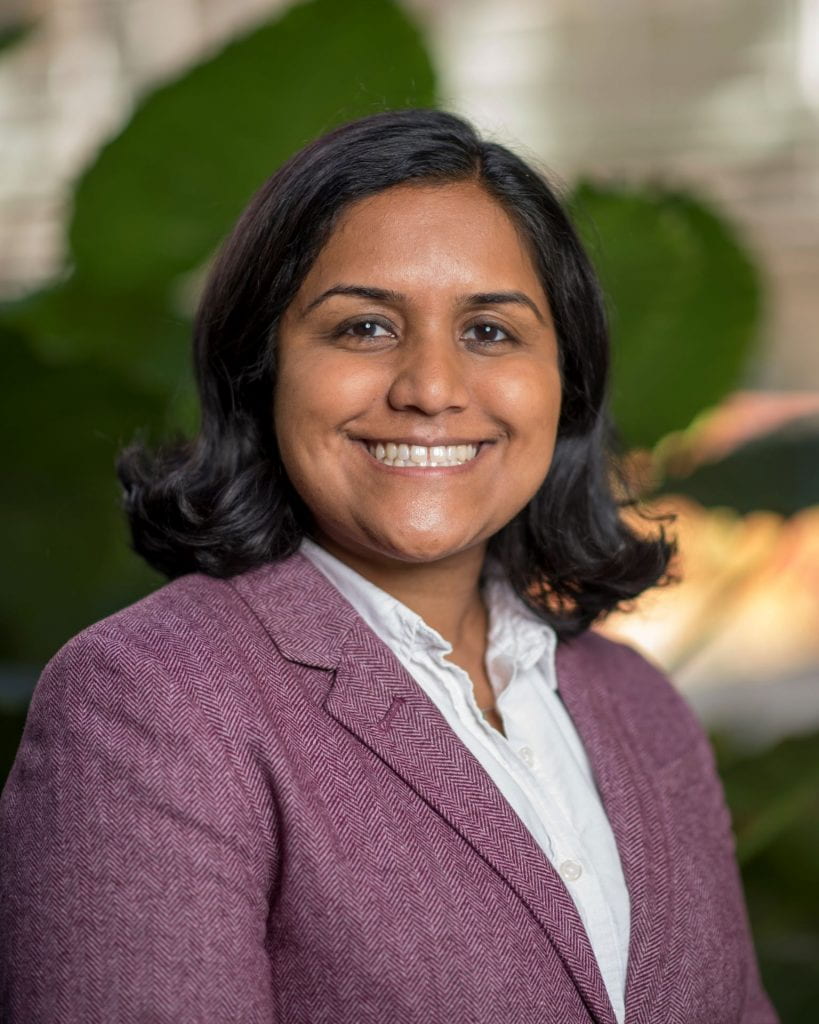Shoutout to Department of Special Education faculty Saili Kulkarni for sharing her reflections from our Conversation on Abolitionist Teaching with Dr. Bettina Love in November!
Bettina Love began her talk quoting W.E.B. Du Bois and how “we who are dark see America in a way that white people cannot.” Du Bois describes this idea of double consciousness or second sight that People of Color possess. As a scholar who has specifically adopted DuBois’ ideas of double consciousness into my own research with special education teachers of color (SETOCs), I am constantly reflecting on how we can reposition/reframe the knowledge and gifts of teachers of color. Teacher education programs are not framed in ways that see the importance or value the perspectives of “we who are dark.”
Racism, Ableism and Pain: Love cites a study that came out about seven to eight weeks before the global pandemic that shares how 50% of white medical trainees believe that Black people have fewer nerve endings and do not feel pain to the same degree as white people. This is also, she explains, how a police officer is able to put his knee on a Black man’s neck for eight minutes and forty-six seconds (George Floyd). It dehumanizes Black people. A racial and dis/ability analysis would also lend itself to thinking about this study and the misguided belief that people of color do not feel pain. Disabled people of color are among the most marginalized, de-humanized groups of people that exist. As a person of color with invisible disabilities, I resonated with this study and the myth that Black people do not feel pain. My own experiences with physical therapy, a field that has consistently been dominated by white females, is filled with personal trauma. Therapists would ask me if I was in pain during stretches, I would say yes, and they would continue to push me, ignoring my claim. This erasure of painful experiences by individuals in the healthcare industry underscores the dehumanization of people of color with disabilities. We need to work together as teacher educators, teachers, and school leaders to re-humanize the experiences of multiple-marginalized youth in schools.
Cultivating Black Joy in Teacher Ed Classrooms: If we’re not cultivating Black joy in our courses as professors, if we are not saying Black Lives Matter and following up with readings, activities, reflections and stories drawing from our students, especially those who identify as people of color and/or multiply-marginalized, we are missing a key aspect of what it means to be an abolitionist educator. For white educators and scholars, it is not acceptable to avoid difficult conversations about race and it’s intersections due to lack of expertise, it is not acceptable to say that it is difficult to know where to start. People of color have been doing this work (and disabled folx of color much more so) at great personal and professional risks to ourselves. As Love suggested we need white educators to move beyond allyship toward co-conspirator status. Building together as educators, we can ensure that our multiply-marginalized students in schools do not merely survive, but thrive.
